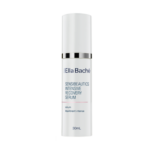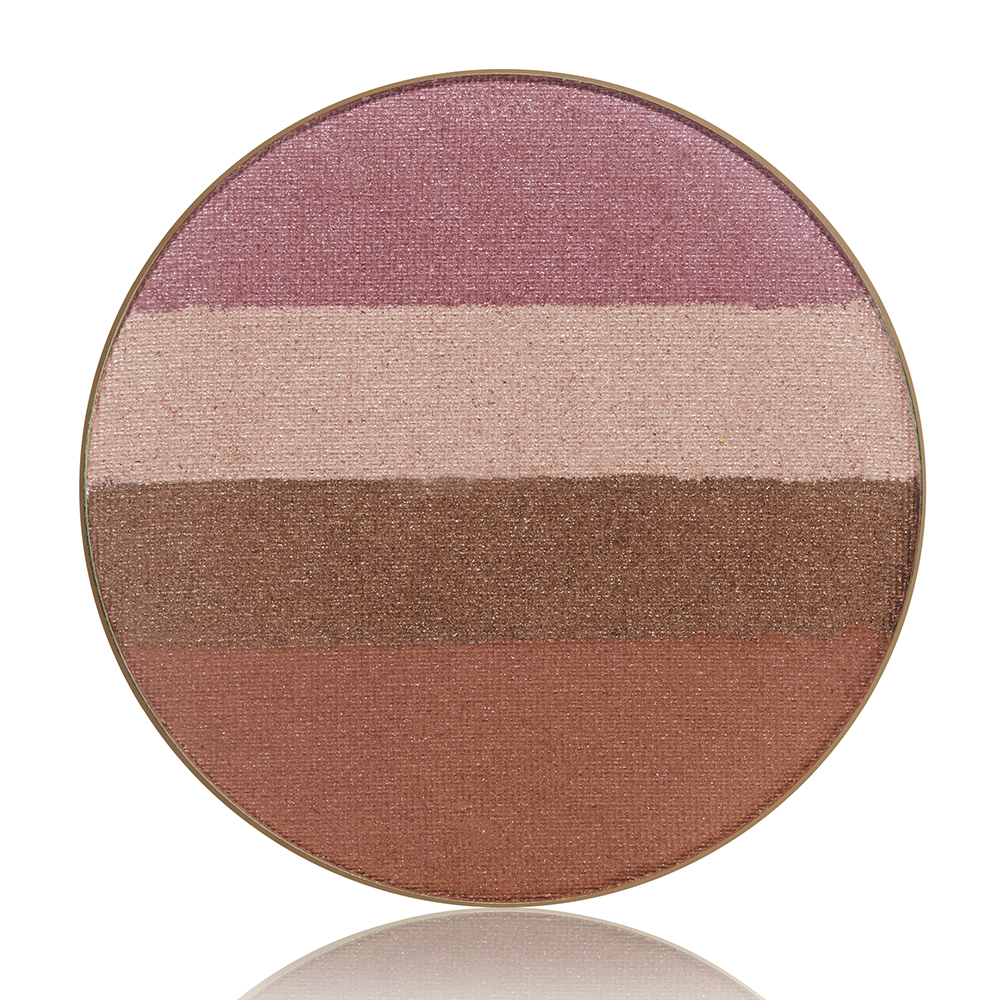Rosacea is a common skin problem that affects at least one in 20 people in Australia. And it’s not hard to see why, when climate, UV radiation and diet are amongst the common triggers. Dr Geoffrey Heber, one of Australia’s leading authorities on skin care and health, says women over 30 with fair skin are most likely to suffer from rosacea. But it’s something he is seeing more commonly in people of all ages. We chatted to Dr Heber about the causes, solutions and the best products to reduce redness and soothe inflammation.
RELATED: Are you making your acne angry?
RELATED: How to treat yourself to an at-home facial
What is rosacea?
Rosacea is a skin condition usually characterised by facial redness, predominately around the nose and cheeks, chin and brow. But if you have a blushing problem, it could actually be a symptom of rosacea as well. “Rosacea is a medical condition that must be diagnosed clinically,” Dr Heber says. “Facial skin redness and itching, flushing, persistent redness, bumps and pimples are all symptoms.” Other symptoms include sensitive skin, shiny skin and watery, bloodshot eyes. Those who are more severely affected may also find that the texture of their skin changes and thickens in some areas, developing an ‘orange peel’ feel.
Which skin types are most prone to rosacea?
Whilst there is no specific skin type most likely to exhibit signs of rosacea (dry skin is usually a symptom of eczema or another redness-related skin condition rather than rosacea), it is generally more apparent in fair skinned individuals of Caucasian or European descent.
What causes it?
With its ever-changing extremes, the Australian climate can definitely contribute to rosacea. According to Dr Heber, the sun, heat, humidity, cold and wind can all trigger a flare-up. But there are other causes too. “Spicy food and alcohol can cause flushing and redness on cheeks in many sufferers,” the expert says, which explains the flushed look some sufferers acquire after a few glasses of wine. “Skin care products which dry the skin can also aggravate rosacea,” Dr Heber says.
How can it be treated?
Avoiding potential irritants such as alcohol and spicy foods, is probably the best to start,” suggests Dr Heber. Triggers that may exacerbate the condition include direct sunlight, extreme weather, hot drinks, stress and heavy physical exercise, so it’s best to steer clear of them where possible. The expert also recommending limiting hot showers and baths, saunas and excessive heat (including indoor heating in winter), as well as investing in cotton sheets.
Which skincare products can help?
It comes down to avoiding anything aggravating, so reach for products formulated with anti-inflammatory ingredients such as aloe vera, arnica, calendula, chamomile, cucumber, Provitamin B5, feverfew, green tea, licochalone, perilla leaf extract, red algae, red clover, thyme, willow herb and zinc. Where possible, avoid unecessary fragrance and colourants, opting instead for natural formulas that are more gentle on skin.
bh loves: Ultraceuticals Ultra Red-Action Moisturiser, Ella Bache SensiBeautics Intensive Recovery Serum and Ultraderm Skin Karma Moisturiser.
It’s also important to use a non-irritating sunscreen. Those with facial redness tend to tolerate physical UV blockers better than chemical ones, so look for a physical sunscreen that contain titanium dioxide or zinc oxide.
bh loves: Dermalogica UltraCalming Super Sensitive Shield SPF30 or Billie Goat Soap Natural Zinc Sunscreen Lotion SPF 30.
Switching to mineral makeup may also be beneficial, as it tends not to be absorbed by the skin. Most mineral makeup products are also free of synthetics and fillers such as bismuth oxychloride, petrochemicals, genetically modified ingredients and carmine, and many also contain anti-inflammatory ingredients that can help to calm and soothe the skin.
bh loves: La Mav® Anti-Ageing Mineral Foundation, INIKA Organic Certified Organic Perfection Concealer, jane iredale Mineral Makeup Bronzer Refill and Nude by Nature Mineral Finishing Veil.
Are there any long-term consequences?
Left untreated, rosacea can damage the skin, possibly causing enlargement of the nose, worsening of redness and facial capillaries, and thickening of the skin. Think you may be at risk? See your doctor or dermatologist for more in-depth info.
Main image credit: Getty Images
Do you struggle with facial redness or rosacea? Can you recommend any products or treatments that have helped?








A reaction to an organic skincare product caused my flare up, and my skin has settled down for months now. But have noticed foods can make it worse.
Never really knew what it was until I read this article, interesting read
Thank you for this article and wish I had read it years ago. Spent many years being teased about looking like Rudolph and didn’t realize I could do something about it. When I finally had a conversation with my doctor and was referred to a dermatologist who did several laser treatments and It has increased my confidence. My skin only occasionally has a flushed look about it. Thanks for this article Beautyheaven much appreciated.
I have been diagnosed with rosacea but I don’t know my triggers yet. I do not drink alcohol, only seldom wear make up, do not eat spicy food. I have had it for months now and hope it will go away before the summery days approach. Thank you for the article BH, all I need to do now is find a suitable skincare and foundation that will cover the red up when I go out.
i think humidity has something to do with my redness